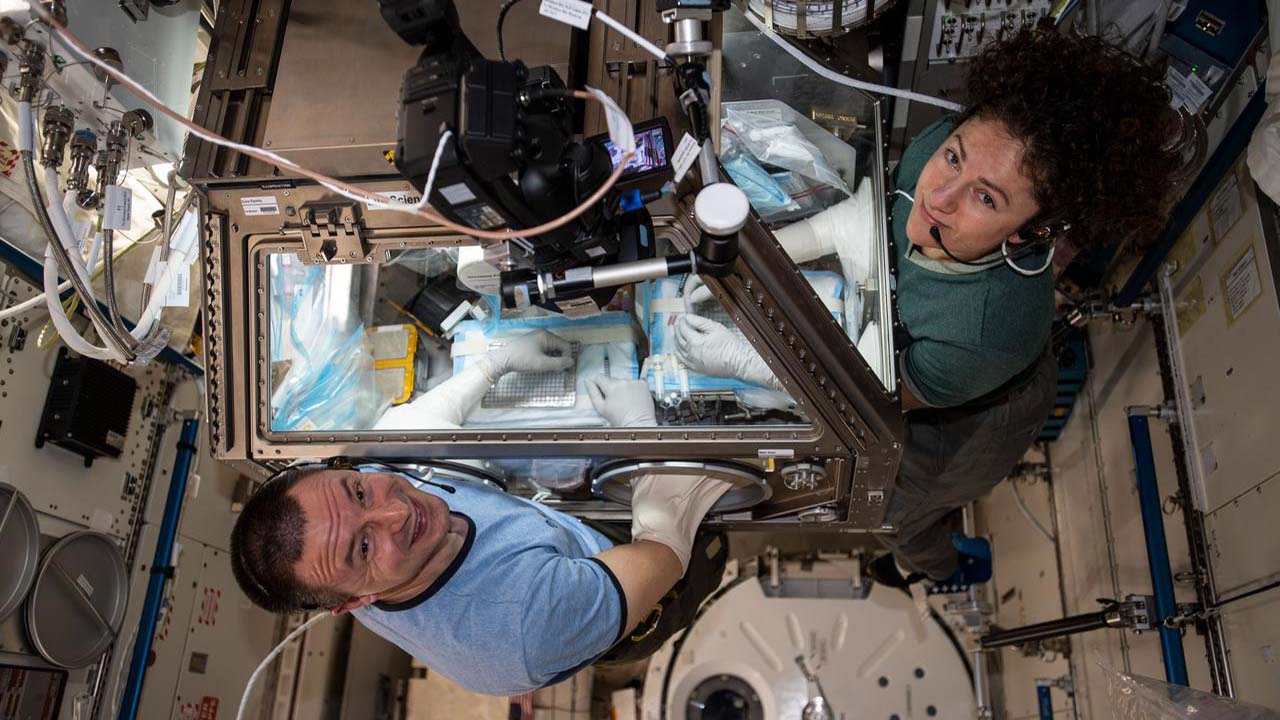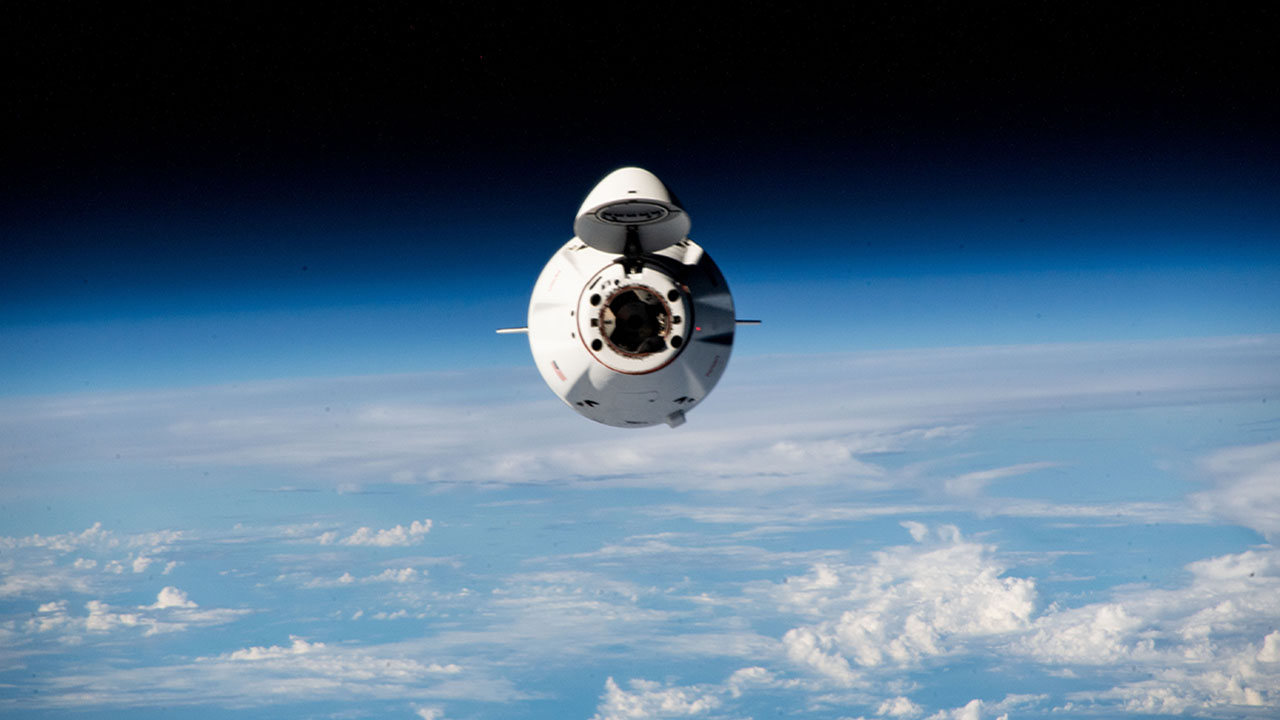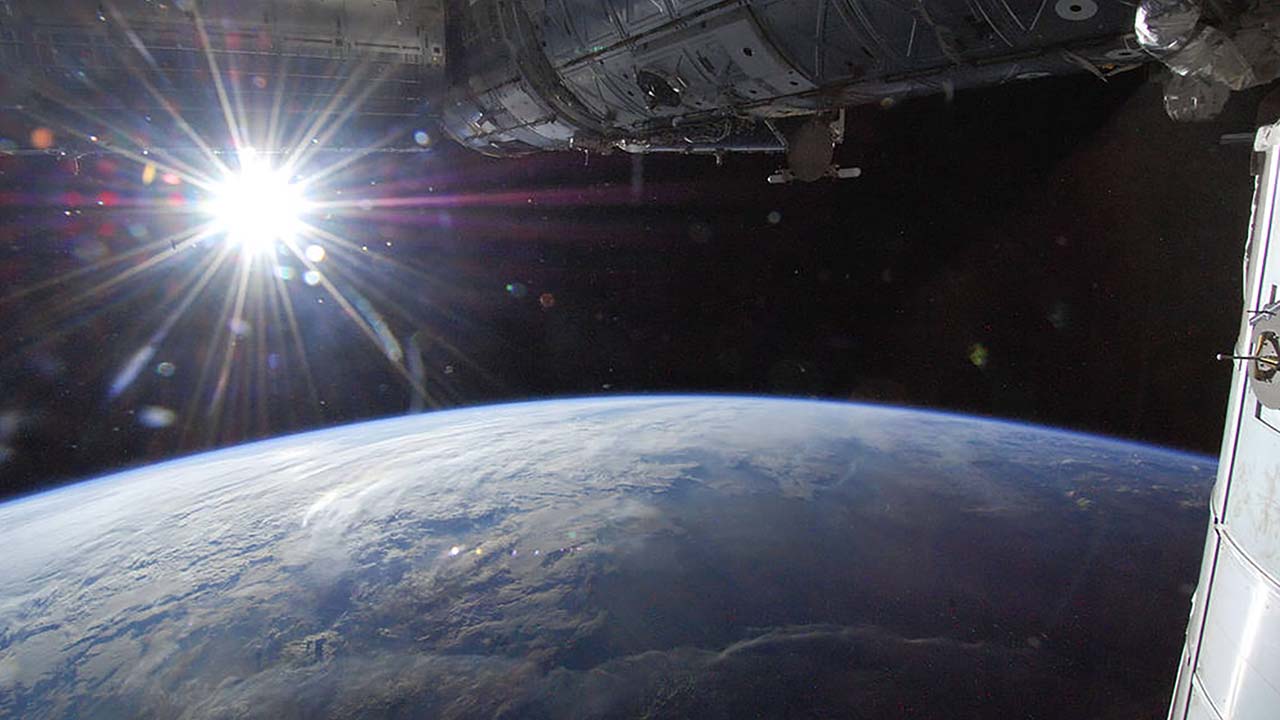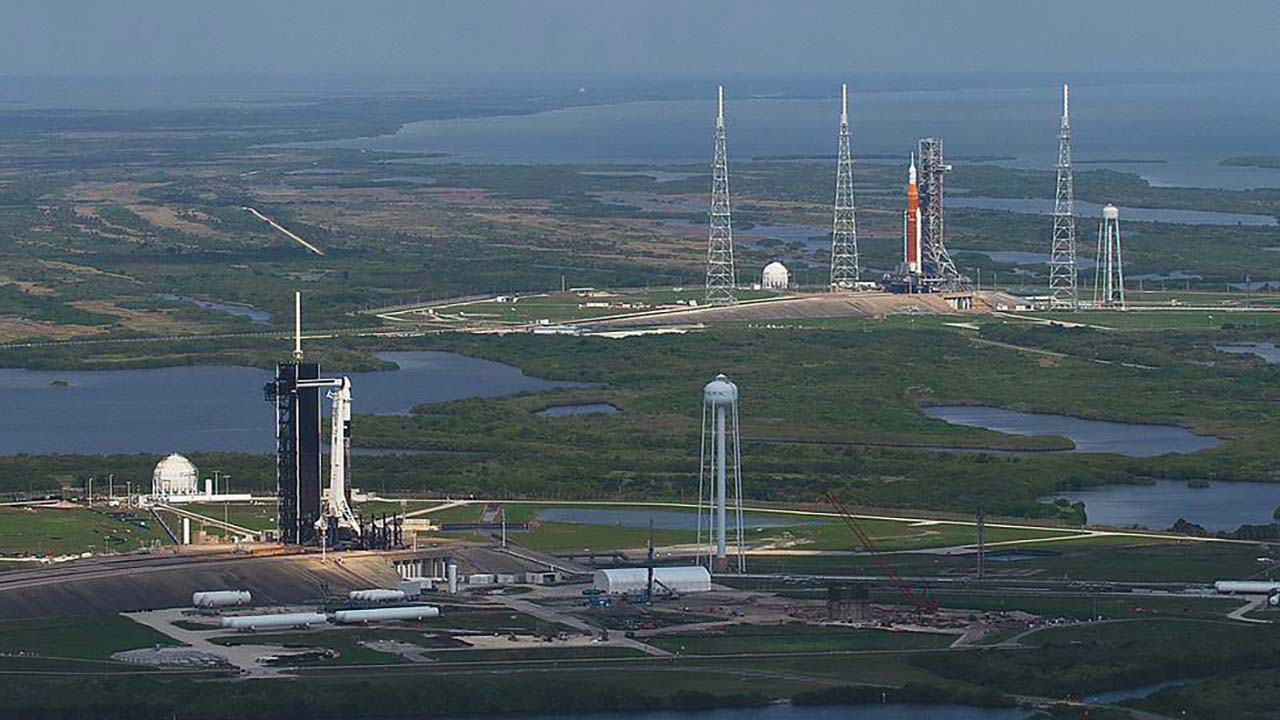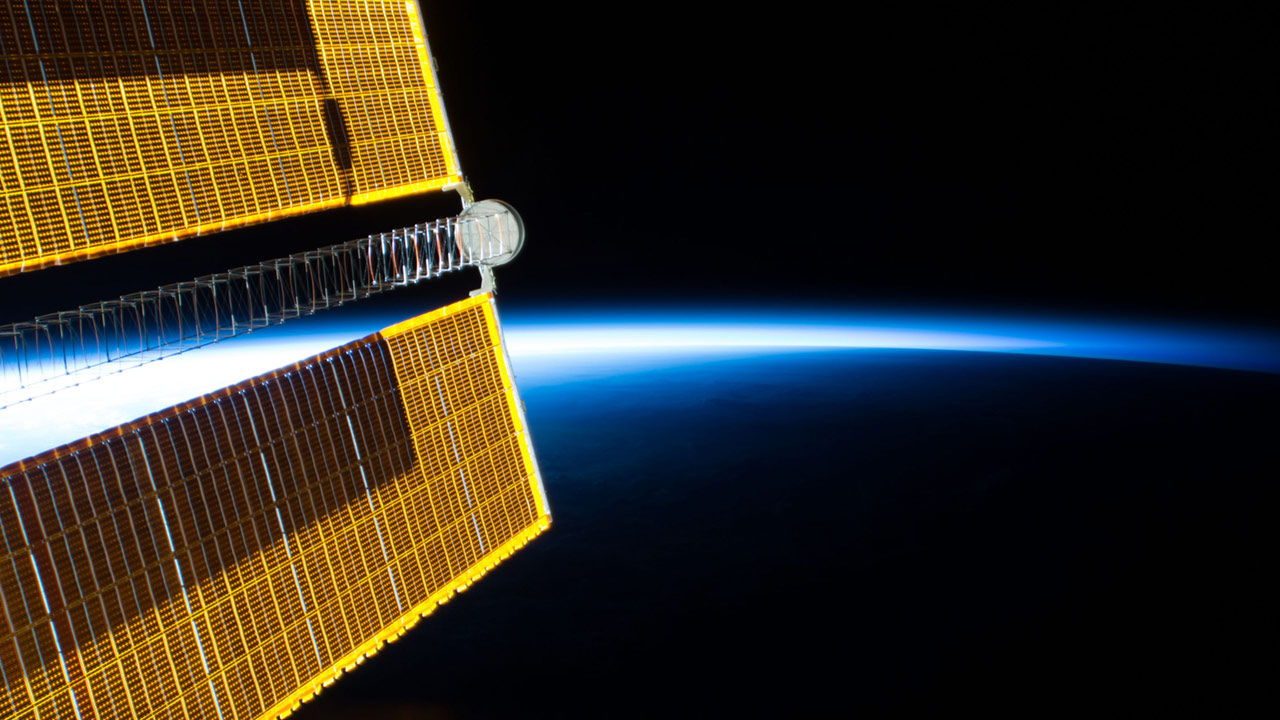KENNEDY SPACE CENTER (FL), May 3, 2023 – Nearly half of all adults over the age of 50 are at risk for bone fractures caused by osteoporosis. Many older adults who break a bone end up on extended periods of bed rest, which further weakens bones and muscles. To improve care for such patients, a team of scientists took their bone and muscle research to a place with the ultimate bed rest—the near-weightless environment provided by the International Space Station (ISS) National Laboratory.
Microgravity induces bone and muscle loss at an accelerated rate and allows scientists to study the mechanisms behind bone and muscle loss in ways not possible on Earth. Researchers from the University of Connecticut and the Jackson Laboratory sent genetically engineered “Mighty Mice” to the ISS to examine what happens when two proteins involved in the regulation of bone and muscle mass—myostatin and activin A—are inhibited. Results have implications both for patients on Earth and astronauts on long-duration spaceflight missions.
This project is featured in the latest issue of Upward, the official magazine of the ISS National Lab. Upward is dedicated to communicating results of ISS experiments that demonstrate the value of space-based research and technology development. Read the article “Mighty Mice to the Rescue” to discover how scientists are leveraging the ISS for research that could lead to new treatments for osteoporosis and other conditions that cause bone and muscle loss.
Download a high-resolution image: NASA astronauts Drew Morgan and Jessica Meir
Media Contact:
Patrick O’Neill
904-806-0035
[email protected]
# # #
About the International Space Station (ISS) National Laboratory: The International Space Station (ISS) is a one-of-a-kind laboratory that enables research and technology development not possible on Earth. As a public service enterprise, the ISS National Lab allows researchers to leverage this multiuser facility to improve life on Earth, mature space-based business models, advance science literacy in the future workforce, and expand a sustainable and scalable market in low Earth orbit. Through this orbiting national laboratory, research resources on the ISS are available to support non-NASA science, technology and education initiatives from U.S. government agencies, academic institutions, and the private sector. The Center for the Advancement of Science in Space (CASIS) manages the ISS National Lab, under Cooperative Agreement with NASA, facilitating access to its permanent microgravity research environment, a powerful vantage point in low Earth orbit, and the extreme and varied conditions of space. To learn more about the ISS National Lab, visit www.ISSNationalLab.org.
# # #


